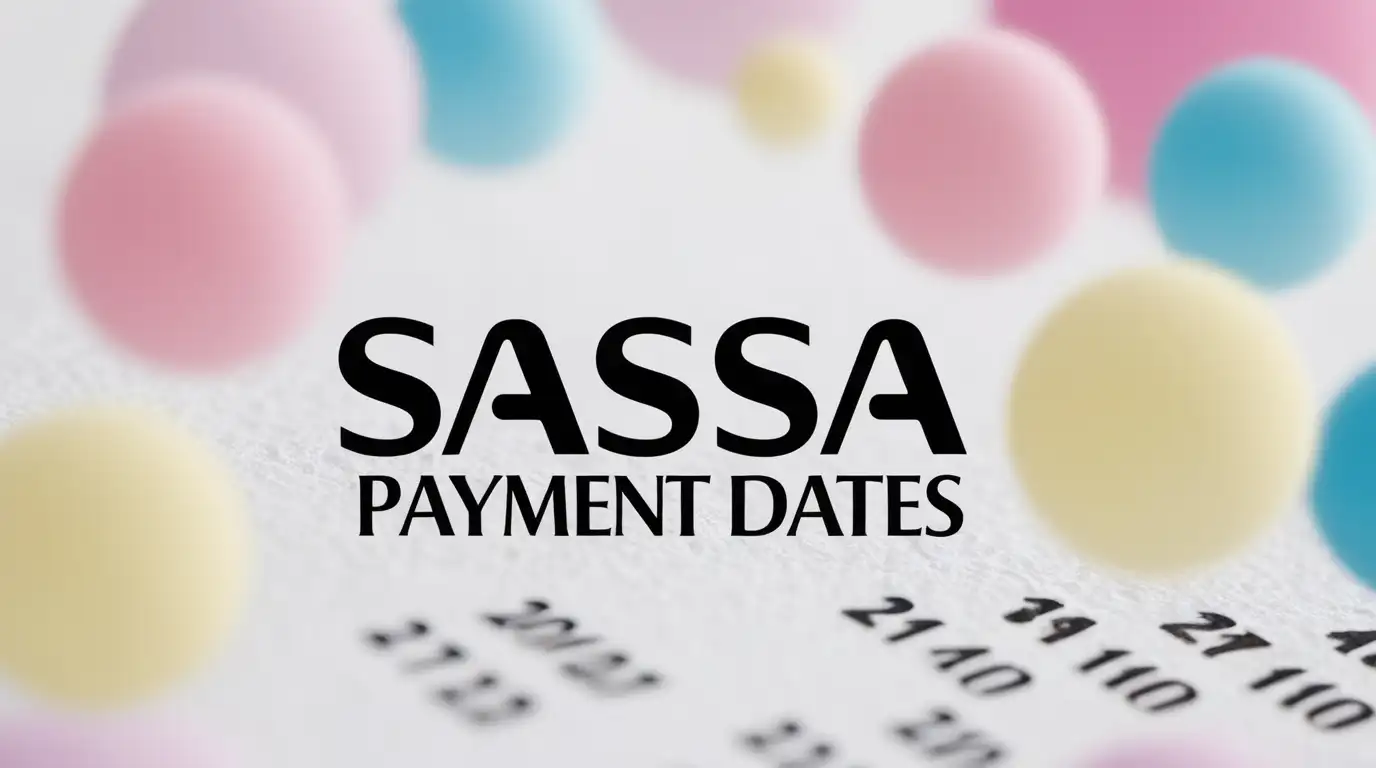We can use Meta’s built-in features to create A/B tests in several different ways. In this article, we will introduce step-by-step instructions on how to create A/B test ads in Ads Manager.
Let’s First Understand Some Background Information
What is Ad A/B Testing?
A/B testing is not simply about comparing the result differences between two campaigns or ad sets. The unique aspect of A/B testing is that it eliminates audience overlap to achieve differences based on a specific single variable (targeting, placement, creative). The audience is randomly split and isolated to ensure that target users only see one variant of the ad. Without this, it is impossible to determine the impact of a single variable on the results.
About A/B Testing in Ads Manager
The preferred method to create A/B tests in Meta Ads is by using the Ads Manager tool. This tool allows you to select currently running campaigns, ad sets, or ads for testing. Once the test is complete, the ads will revert to their original state.
Creating the Test
Click into the “Ads Manager” section under the “Analyze and Report” menu.

Click “Create Test” in the left sidebar menu.

You will see options for the types of tests you can create, including A/B Test, Brand Survey, and Cross-Channel Conversion Optimization Test.
Click the “Get Started” button under A/B Test.
After that, we need to determine the test level: Ad Set, Campaign, or Campaign Version Library.

If testing the Campaign Version Library, we will see the overall results for each set of campaigns.

When testing campaigns, data from all ad sets within each campaign will be included in the test results.

Here is an example of creating an ad set test:

As shown in the example above, I am testing three different ad groups with distinct optimization goals, while keeping all other settings identical: audience targeting, placements, and creatives.
Next, set the time period for running this test. Remember, these campaigns or ad groups are already active. This time frame will determine when the test will be conducted.

Name the test:

Finally, select the metrics for the experimental test. You can choose from several metrics including custom conversion events or standard events.

The selected metrics may not necessarily be the performance targets used. Key metrics should be the ultimate standard for measuring the success of the advertisement.
You can also add up to nine “additional metrics.”

Unlike key metrics, these indicators will not determine the success of the advertisement. They will be included in the report data.
View Results
Click “View Results” in the menu on the left.

Click “View Report” for more details. You can view the results by key metrics, other metrics, or common metrics.






